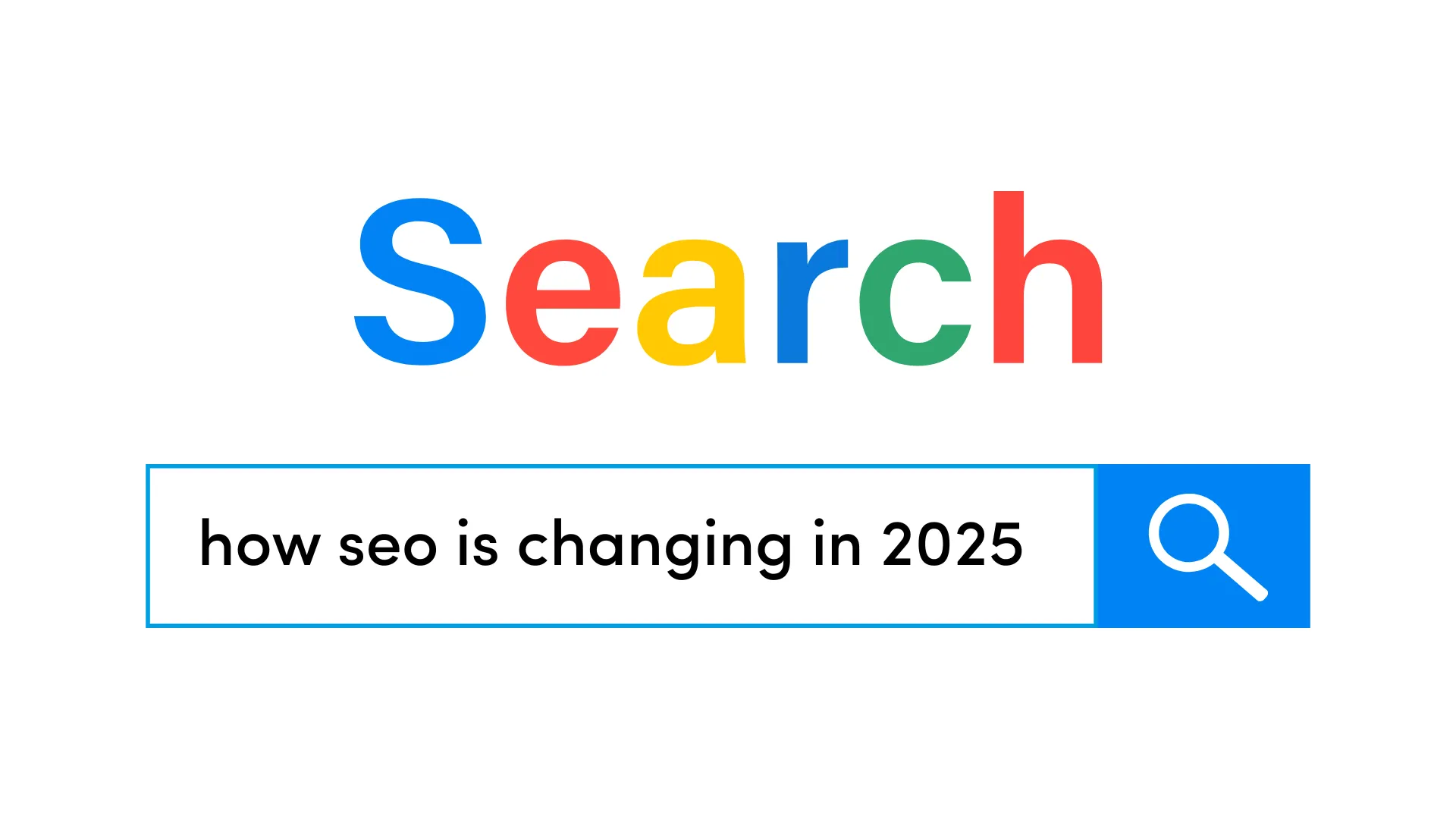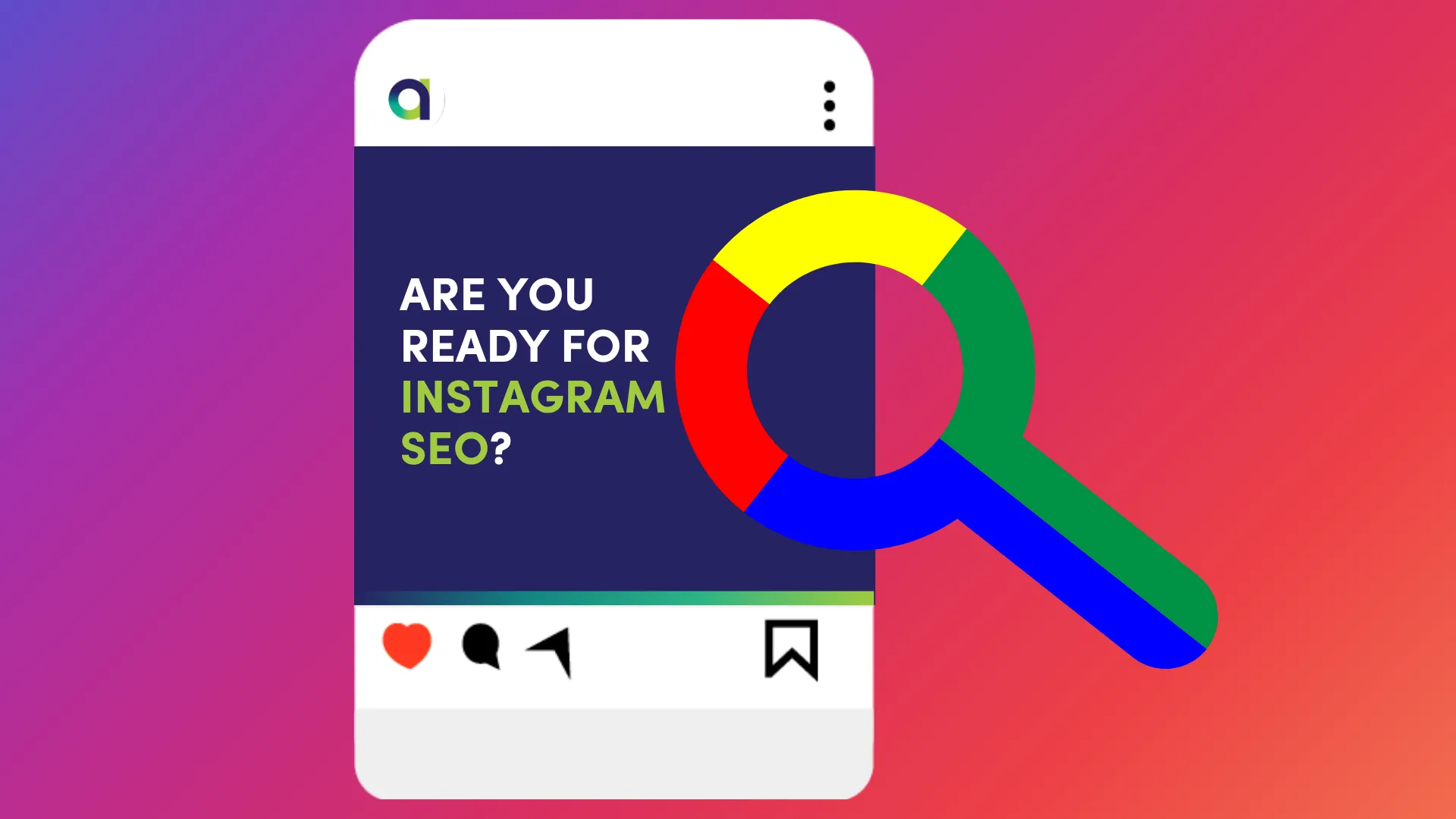The integration we’ve been waiting for is finally here! Meta has introduced a groundbreaking connection with Google Analytics, enabling advertisers to link their Google Analytics properties to their Meta Pixel. This innovation has the potential to revolutionise how businesses track, optimise and enhance ad performance.
So far, a beta version of this integration has been tested with a select group of users and is expected to roll out to all Meta advertisers later this year.
By leveraging this integration, advertisers can gain deeper insights into the conversions that matter most across their marketing mix.
Benefits of Integrating Meta with Google Analytics
Meta reports that this integration, which connects via a simple API setup, can boost conversions by up to 22% based on user data. Advertisers may start seeing performance improvements within two weeks of implementing the integration.
Additional benefits include:
1. Enhanced Cross-Platform Measurement
Tracking performance across multiple platforms has traditionally required separate attribution models. With this integration, Meta can access external conversion data from Google Analytics, providing a more unified view of ad impact across various channels.
2. Comprehensive Analytics
By combining Meta’s ad performance metrics with GA4’s advanced analytics features, advertisers can gain a more holistic understanding of user behaviour, leading to better-informed marketing decisions.
3. Improved Reporting
GA4 offers powerful reporting tools and customisable dashboards. Integrating Meta with GA4 allows advertisers to leverage these features for more insightful campaign analysis.
4. Advanced Audience Segmentation
GA4’s audience-building capabilities, combined with Meta’s advertising data, allow for better audience segmentation so you can target ads more effectively.
Potential Challenges
While promising, this integration is still in its early stages, and some limitations exist:
- Limited Ad Impression Data: Advertisers running top-of-funnel or awareness campaigns may face challenges in measuring campaign reach, as GA4 does not track ad impressions.
- Data Privacy Constraints: GA4 adheres to strict privacy regulations and does not track individual users, which may limit advertisers’ ability to attribute sales data accurately.
How to Access Meta’s Google Analytics Integration
Currently, Meta’s GA4 integration is in beta testing, meaning not all advertisers have access yet.
Advertisers who are eligible will see a pop-up notification when logging into their Meta advertiser account, prompting them to connect their Google Analytics data.
For those with access, the integration can also be found in Meta by navigating to Event Manager and selecting Google Analytics under Partner Integrations.
Got Questions?
Aston Digital has the answers! Contact us today to learn more about maximising your ad performance with this powerful integration.

Quick Website Audit Checklist When was the last time you really looked at your website through the eyes of a customer? We often assume that once [...]

For years, SEO strategies have revolved around keywords. The approach was simple: identify the terms people were searching for, create pages that matched them and optimise around [...]

Starting July 10, 2025, public posts from professional Instagram accounts will start appearing in Google search results. That means your photos, Reels and videos could soon show [...]

One of the most common concerns we hear from clients is: “I feel like we’re repeating ourselves too much.” They worry that saying the same message more [...]

Quick Website Audit Checklist When was the last time you really looked at your website through the eyes of a customer? We often assume that once [...]

In a world where marketers battle for every second of audience attention, Labubu – a quirky character from Pop Mart’s “Monster” series - has done the seemingly [...]

Social media marketing is full of outdated advice, bad habits and half-truths that get repeated so often they start to sound like facts. But just because you’ve heard [...]

In our last article, we tackled a common misconception in digital advertising: Ads don’t fail because of the algorithm - they fail because of the offer. The [...]

We’ve seen it many times before. A campaign launches on Meta or Google. The creative looks schmick. The ad set enters the learning phase… and then, crickets. [...]

With the release of Google AI Overviews, we were left wondering what will become of Google Ads. If AI Overviews sit at the top of search results, [...]

For years, SEO strategies have revolved around keywords. The approach was simple: identify the terms people were searching for, create pages that matched them and optimise around [...]

After launching a small-scale test of ads on Threads in January (limited to select brands in the U.S. and Japan), Meta has now opened Threads ads to [...]

